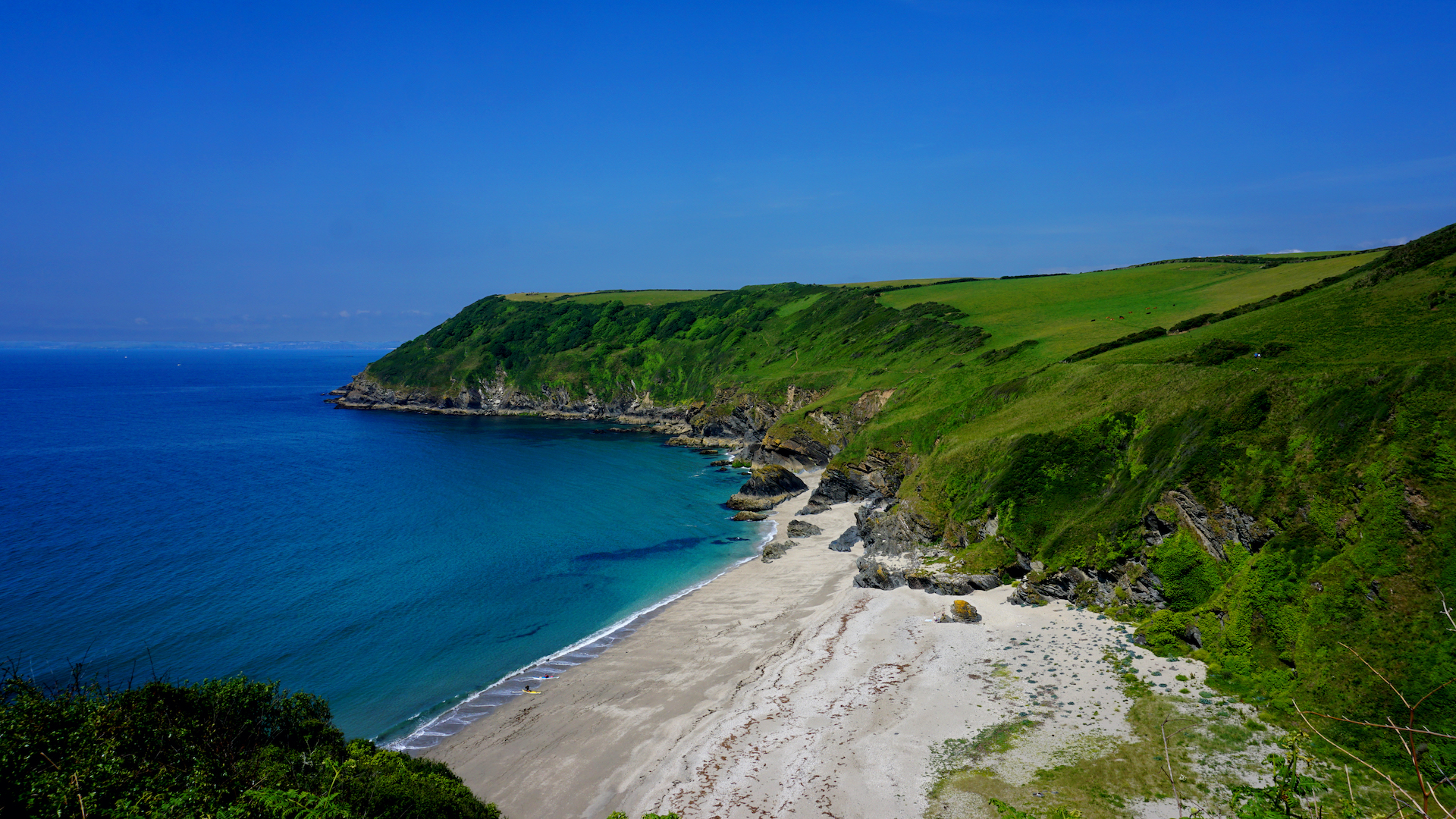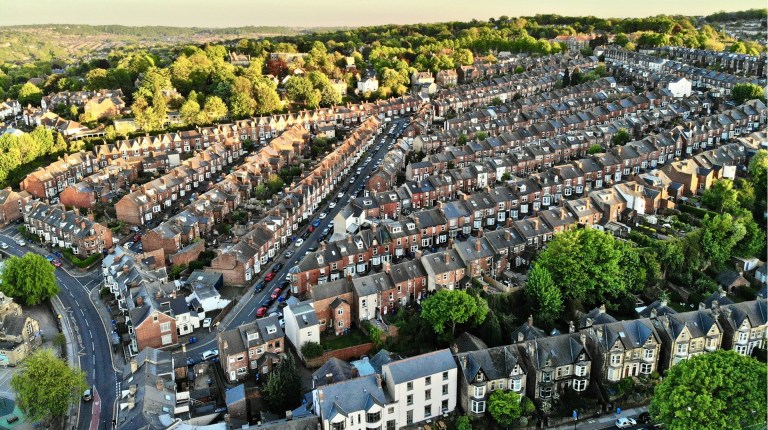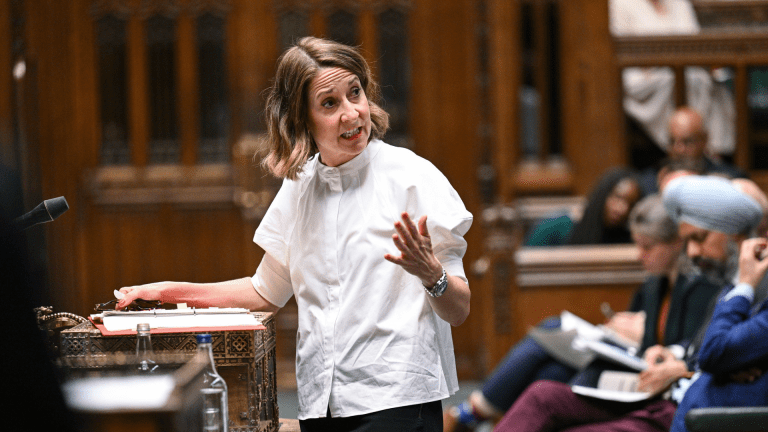I bought two fridge magnets at the cathedral in Truro. And I bought a handmade washable mask, made in a village by some local craftspeople who were moving with the times.
The greatest joy was watching lambs from the holiday cottage window leaping in the air like vertical take-off planes. I had never seen such joyousness and spent a good hour observing this re-enactment of another spring.
But the news was grim around government lobbying. Government seems to only function if it’s going through some crisis of suspected moral corruption. I read the news and thought we might want to institute a system where nobody who works in government or in the civil service should ever have the whiff of money made available by current or former government contractors.
But we might now be more sensitive to corruption than we have ever been. I remember in 1958 the transport minister in Harold Macmillan’s government cycling past our block of council flats on the way to Parliament. Mr Ernest Marples was his name. His family business Marples Ridgway was one of the biggest government contractors building flyovers and roads for our usage. He was obviously involved in all those decisions to build roads and roundabouts in our cities, often turning them into alienated concretised places. And a few years later the under-supported public railways system was spliced up by Doctor Beeching; meaning that we needed more of those roads that Mr Marples could easily supply us with.
Of course the news was also dominated that week by the passing of the Duke of Edinburgh and the enormous amounts of coverage he got. That coverage shocked many of us, for it was so total. I did not know he was so popular and so important in the royal hierarchy. It did feel like a rerun of Princess Diana’s passing. Pictures of the Queen and Prince Charles distressed were very poignant and were some of the most moving pieces of the whole coverage of the Prince’s death.
I visited Penzance and there reminisced about my oldest friend who I had a holiday with in the ’70s. He was the one who introduced me to that punching poet. Rossbollox, as we used to call him, claimed to be the last king of Cornwall. He was the most convincing talker I ever met. A few years older than the Duke, one of his greatest moments – in his late fifties – was being given social security, after being registered with bronchial pneumonia by his doctor. It was as if he had won the lottery. So no more of those lousy jobs washing up, sorting hospital laundry or sweeping up public litter. He was the only person I ever knew who accepted his lot on social security. He thought it was the greatest indulgence given in our post-war world. It did not make him feel socially insecure as it does with many people.
Back to London and preparing for the 30th anniversary of The Big Issue. Back to trying to convince the government that to let people slip into homelessness because of Covid-19-induced poverty would be the most destructive thing any government could do. ‘No to mass eviction and mass homelessness’ runs the argument that we are working on.
Going to Cornwall to me is like going back in time. Going back to a gentler history before we were turned into a highly geared world. Where housing was once cheap and available. Back before the mass arrival of holiday homes and unaffordable housing for local people. No wonder every now and then the flag of Independent Cornwall fluttered, a white cross on a black background announcing a desire to be left out of the rat race of housing dislocation. I dread to think where not facing up to issues like housing and homelessness will lead us.
John Bird is founder of The Big Issue.











